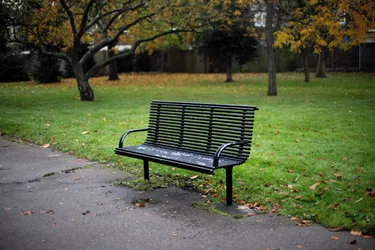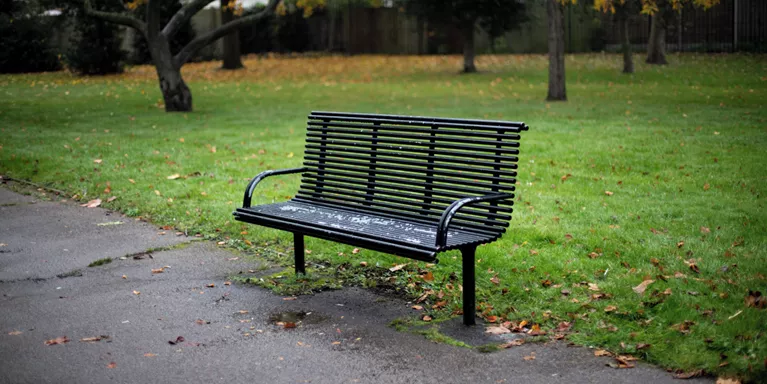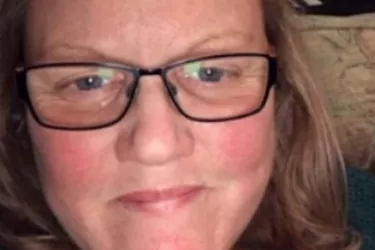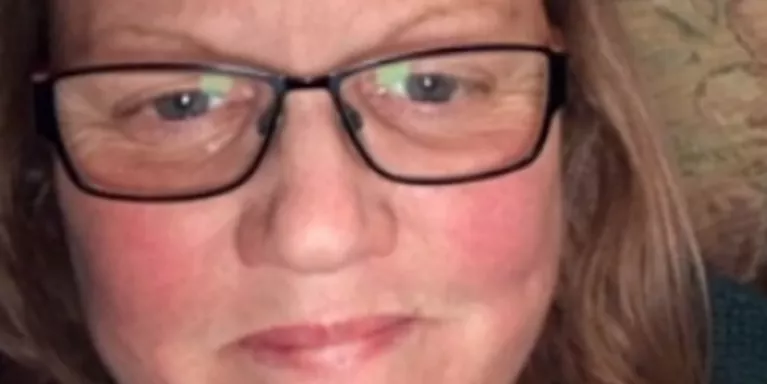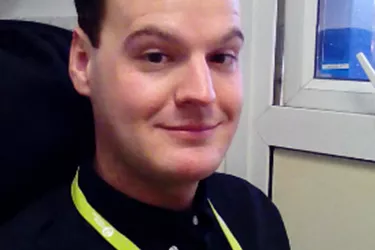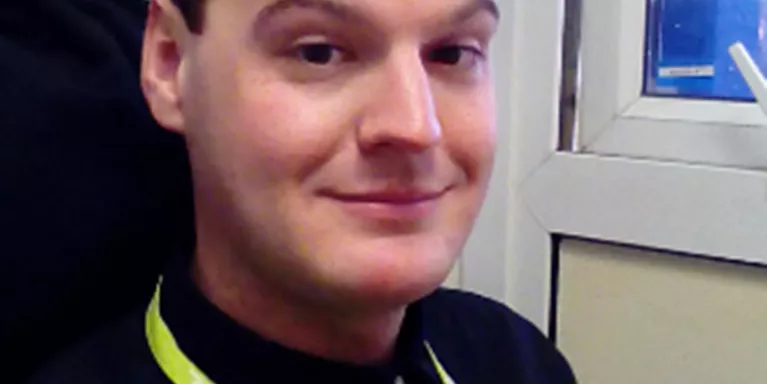Selective mutism: What's beneath the surface?
Speaking freely and automatically was almost impossible for me in the past and the mere thought of writing a blog would definitely have been a no go area.
However, I was recently triggered by some awe-inspiring contributors at the Mind Media Awards and, during the event, I myself overcame a massive personal challenge by speaking freely with strangers.
So now, with my new-found voice and my very first attempt at blogging, I hope to raise awareness and bring change by talking more about the complexities of selective mutism and what can lie beneath the surface.
Selective mutism, listed in DSM-V as an anxiety disorder, usually starts in childhood. It says that it could affect up to 1 in 100 children.
But I strongly feel that selective mutism is often too diluted and runs the risk of just being understood as the inability to speak in certain situations.
"Many people still have the belief that people with the condition CHOOSE not to speak."
Such misconceptions can be fundamentally damaging to anyone with selective mutism because, as I experienced, left undiagnosed and untreated at an early age, the risks of developing further serious mental health issues are statistically high. Conditions such as depression, additional phobias, OCD and dissociation disorder are often cited by adults with the condition.
In my case, I developed complex dissociation techniques to mask my selective mutism and survive into adulthood. It felt reassuring, kept my anxiety at bay and enabled me to cope with other people's judgmental responses to my silence.
"It became normal for me to be out of my body and I could easily hide away from speaking."
This hiding away influenced my subject choices at school. I ditched all expressive classes at the first opportunity, including drama, art and music. It influenced my appearance with my hair tightly plaited and clothes that didn't draw attention - definitely no glimpse of teenage rebellion, coloured punk hair or make-up. Detrimentally, it also cut me off from all feeling.
As a child, adults were often quick to label me as shy, difficult, obstinate, rude, and often responded to my silence with forcefulness, anger and impatience.
Imagine the frustration - this all left me feeling even more unheard, my self-esteem shrank further and my dissociation techniques embedded deeper.
Avoiding speaking at all costs was another technique I repeatedly used to reduce the anxiety and fear. Such avoidance is very common in selective mutism but, not surprisingly, involves a huge amount of energy as well as detailed planning ahead.
"To the outsider, I was super organised."
I would always scrupulously pack my school bag and give homework in on time as any mistake might put me under the spotlight and leave me open to dealing with the anxiety of speaking up.
Any change takes time and courage but, with the right help and treatment, recovery from selective mutism is possible - even in adulthood.
For me, this didn't happen until in my forties when all my usual techniques for managing life were failing, walls were crumbling and I was heading towards a mental breakdown.
I was extremely lucky to find a therapist who with her commitment and true patience accepted my long silences and difficulty to speak, giving me a safe place to start speaking freely within.
I now see myself as in recovery. Although selective mutism will always be part of me and on occasions still confronts me, I no longer need to battle my way through the day in fear of speaking, running on heightened levels of anxiety, with my vocal chords frozen - all leaving me in a very lonely silence.
- Now, I am no longer locked up in my prison of words and armoured body
- Now I can say NO to the things I don't want and YES to those I do
- Now I can join in conversations and voice my opinions, even with strangers and in groups
- Now I can express my feelings - both happy and sad.
- Now I can choose my friends
- Now I can ask for directions if I'm lost
- Now I can ask for help and support in place of pretending I can manage alone
"Probably one of the biggest changes I have witnessed is that finding my voice has meant finding my identity."
I can now see that previously all the personas I had to create in order to survive were not the real me. The true me, currently evolving, can still be scary and overwhelming but this new world of opportunities that is opening up in front of me is exciting and worth the challenge.
My current work for www.iSpeak.org.uk allows me the opportunity to reach out and support others who are still experiencing selective mutism - you are not alone, recovery is possible and you too can find your voice and your true identity.
I want to raise awareness of selective mutism, because it can so easily go unnoticed. I want people to stop and think, that while speaking freely might not look like a challenge to an outsider, it can be petrifying to the person suffering from selective mutism.
For more information on the different types of treatment and support for anxiety disorders see our info. For info on selective mutism specifically see the iSpeak website.


Information and support
When you’re living with a mental health problem, or supporting someone who is, having access to the right information - about a condition, treatment options, or practical issues - is vital. Visit our information pages to find out more.
Share your story with others
Blogs and stories can show that people with mental health problems are cared about, understood and listened to. We can use it to challenge the status quo and change attitudes.










